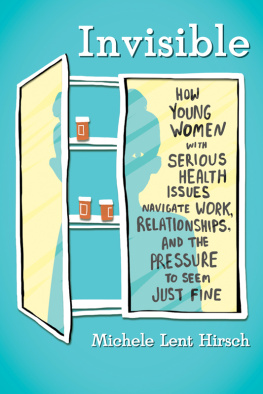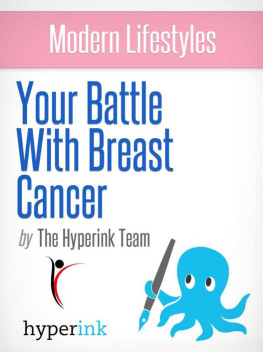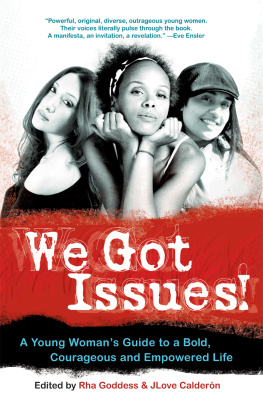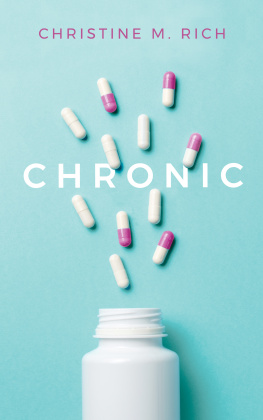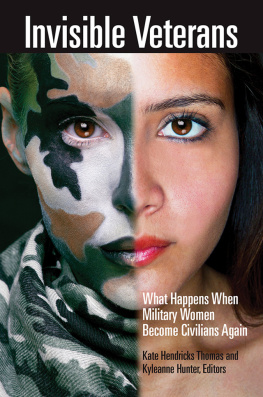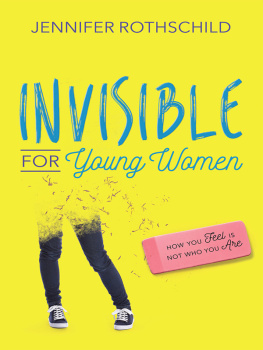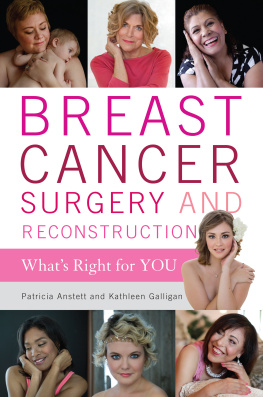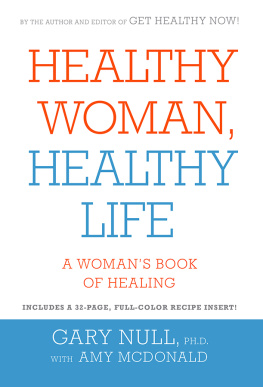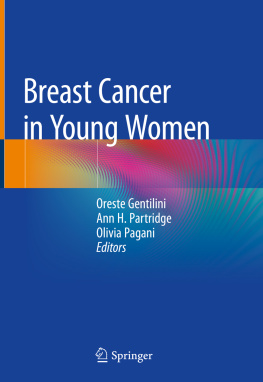Michele Lent Hirsch - Invisible: How Young Women with Serious Health Issues Navigate Work, Relationships, and the Pressure to Seem Just Fine
Here you can read online Michele Lent Hirsch - Invisible: How Young Women with Serious Health Issues Navigate Work, Relationships, and the Pressure to Seem Just Fine full text of the book (entire story) in english for free. Download pdf and epub, get meaning, cover and reviews about this ebook. year: 2018, publisher: Beacon Press, genre: Science. Description of the work, (preface) as well as reviews are available. Best literature library LitArk.com created for fans of good reading and offers a wide selection of genres:
Romance novel
Science fiction
Adventure
Detective
Science
History
Home and family
Prose
Art
Politics
Computer
Non-fiction
Religion
Business
Children
Humor
Choose a favorite category and find really read worthwhile books. Enjoy immersion in the world of imagination, feel the emotions of the characters or learn something new for yourself, make an fascinating discovery.
- Book:Invisible: How Young Women with Serious Health Issues Navigate Work, Relationships, and the Pressure to Seem Just Fine
- Author:
- Publisher:Beacon Press
- Genre:
- Year:2018
- Rating:4 / 5
- Favourites:Add to favourites
- Your mark:
Invisible: How Young Women with Serious Health Issues Navigate Work, Relationships, and the Pressure to Seem Just Fine: summary, description and annotation
We offer to read an annotation, description, summary or preface (depends on what the author of the book "Invisible: How Young Women with Serious Health Issues Navigate Work, Relationships, and the Pressure to Seem Just Fine" wrote himself). If you haven't found the necessary information about the book — write in the comments, we will try to find it.
Miriams doctor didnt believe she had breast cancer. She did.
Sophie navigates being the only black scientist in her lab while studying the very disease, HIV, that she hides from her coworkers.
For Victoria, coming out as a transgender woman was less difficult than coming out as bipolar.
Author Michele Lent Hirsch knew she couldnt be the only woman whos faced serious health issues at a young age, as well as the resulting effects on her career, her relationships, and her sense of self. What she found while researching Invisible was a surprisingly large and overlooked population with important stories to tell.
Though young women with serious illness tend to be seen as outliers, young female patients are in fact the primary demographic for many illnesses. They are also one of the most ignored groups in our medical system--a system where young women, especially women of color and trans women, are invisible.
And because of expectations about gender and age, young women with health issues must often deal with bias in their careers and personal lives. Not only do they feel pressured to seem perfect and youthful, they also find themselves amid labyrinthine obstacles in a culture that has one narrow idea of womanhood.
Lent Hirsch weaves her own harrowing experiences together with stories from other women, perspectives from sociologists on structural inequality, and insights from neuroscientists on misogyny in health research. She shows how health issues and disabilities amplify what women in general already confront: warped beauty standards, workplace sexism, worries about romantic partners, and mistrust of their own bodies. By shining a light on this hidden demographic, Lent Hirsch explores the challenges that all women face.
Michele Lent Hirsch: author's other books
Who wrote Invisible: How Young Women with Serious Health Issues Navigate Work, Relationships, and the Pressure to Seem Just Fine? Find out the surname, the name of the author of the book and a list of all author's works by series.

